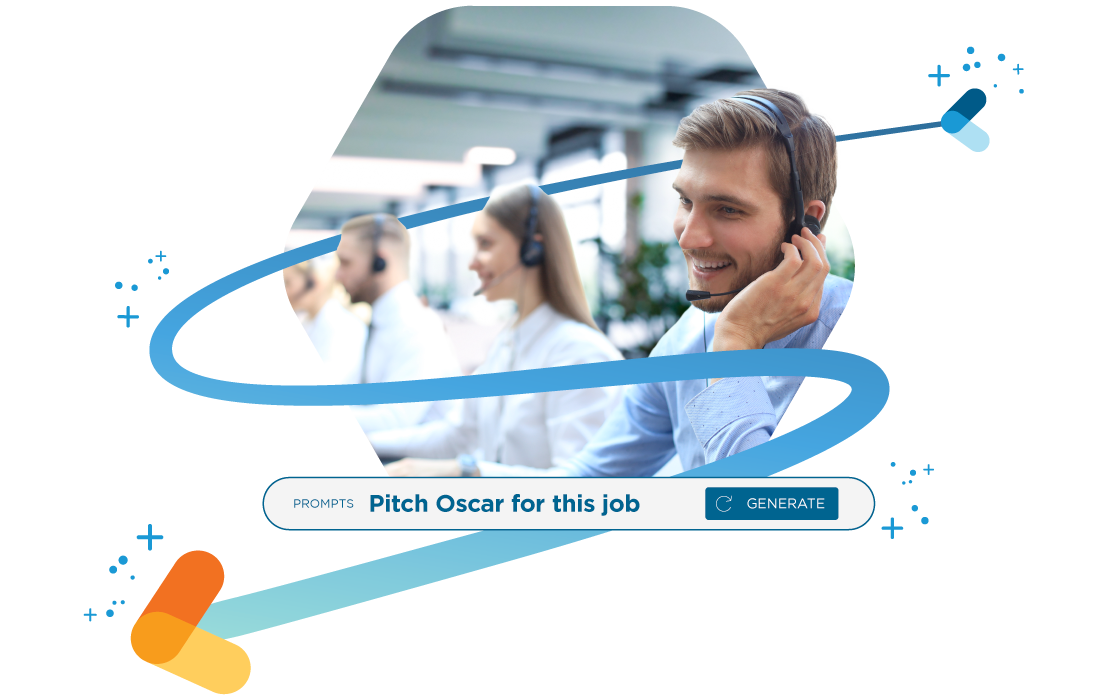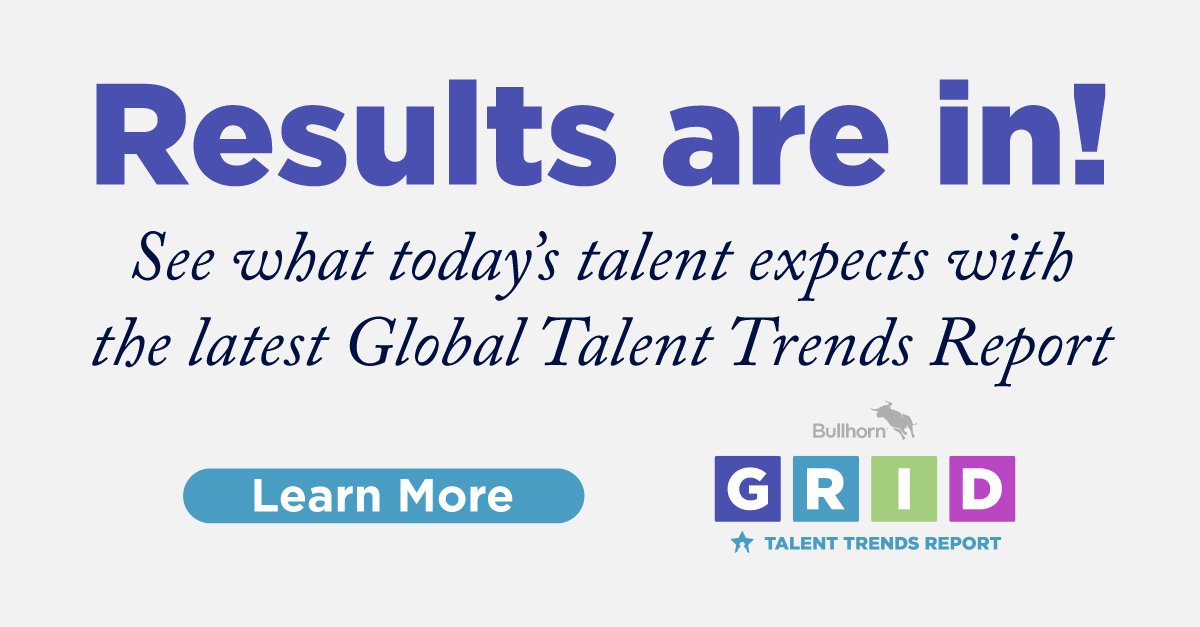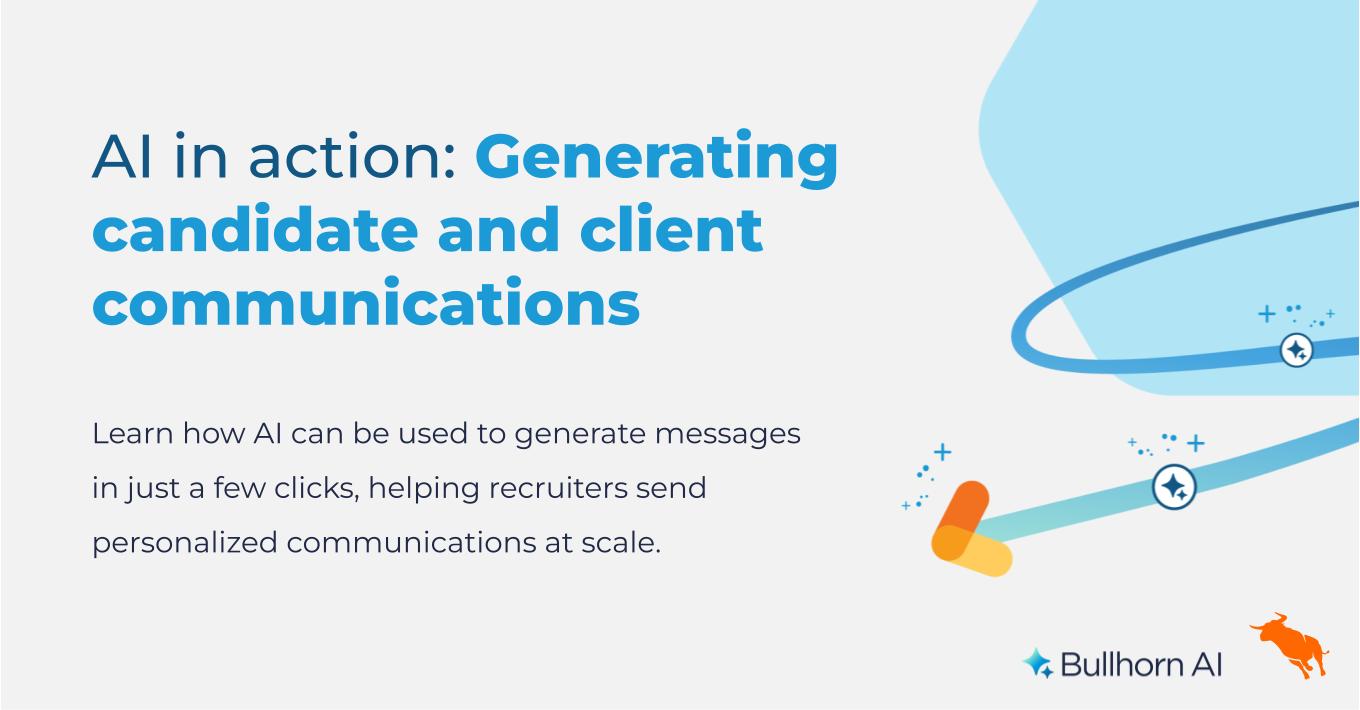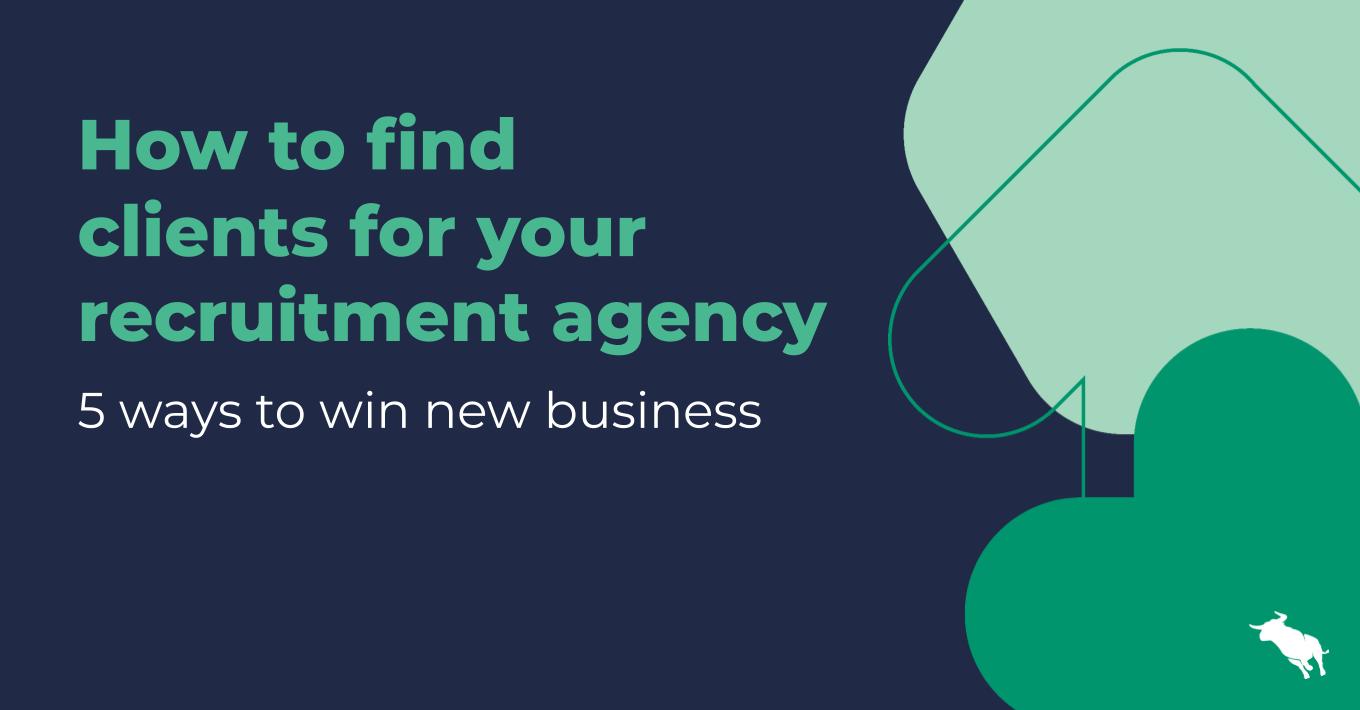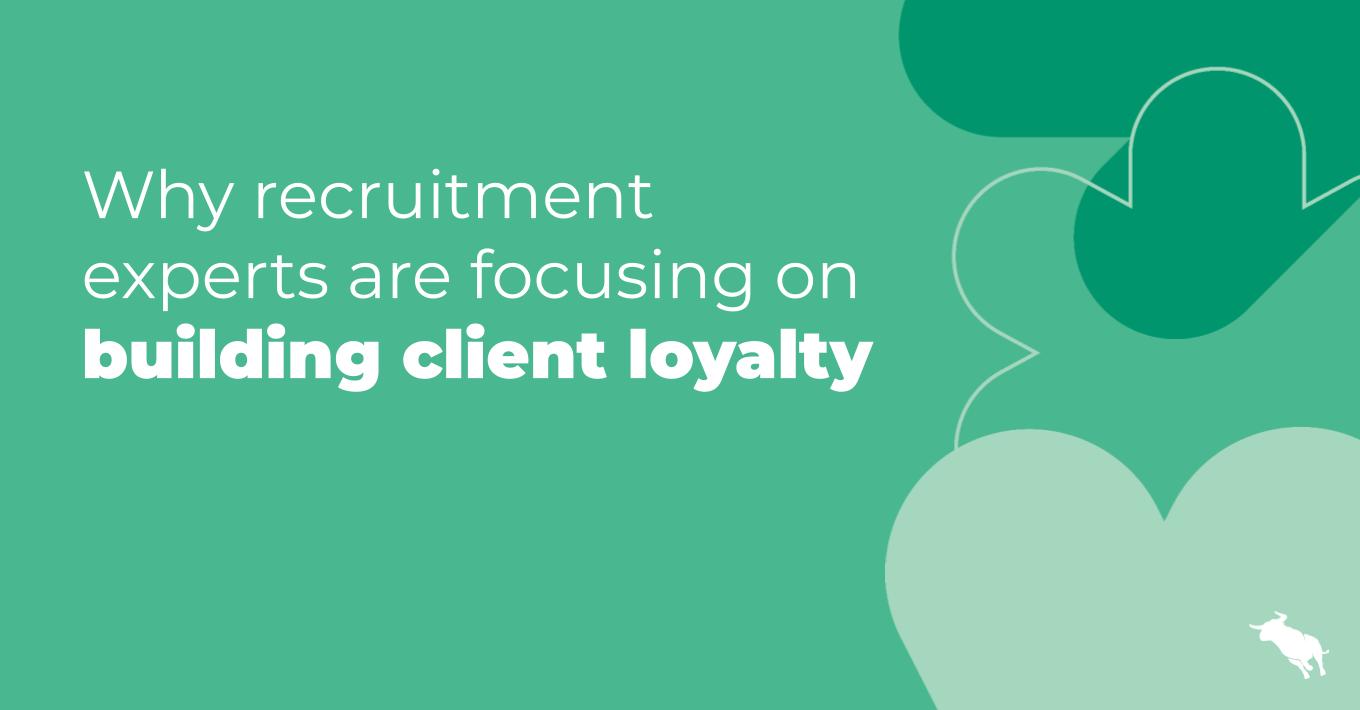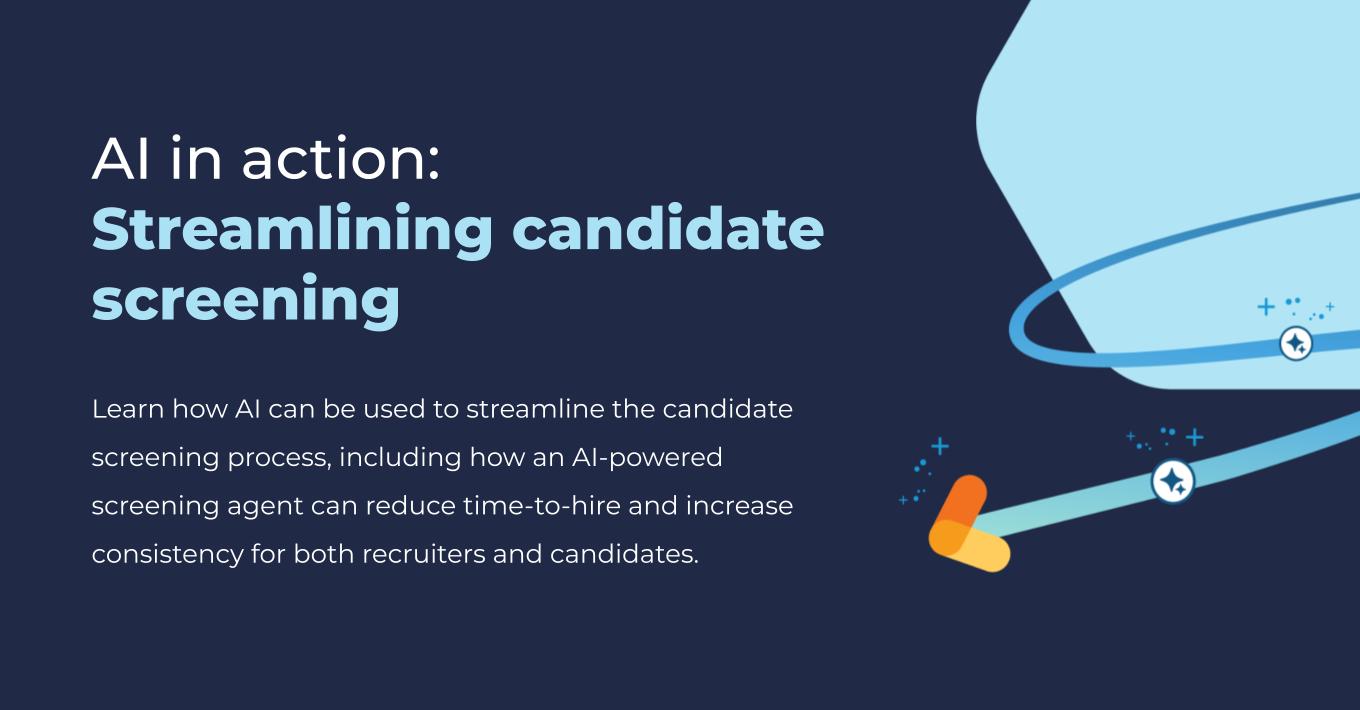Recruiter productivity: Driving efficiency through AI and automation
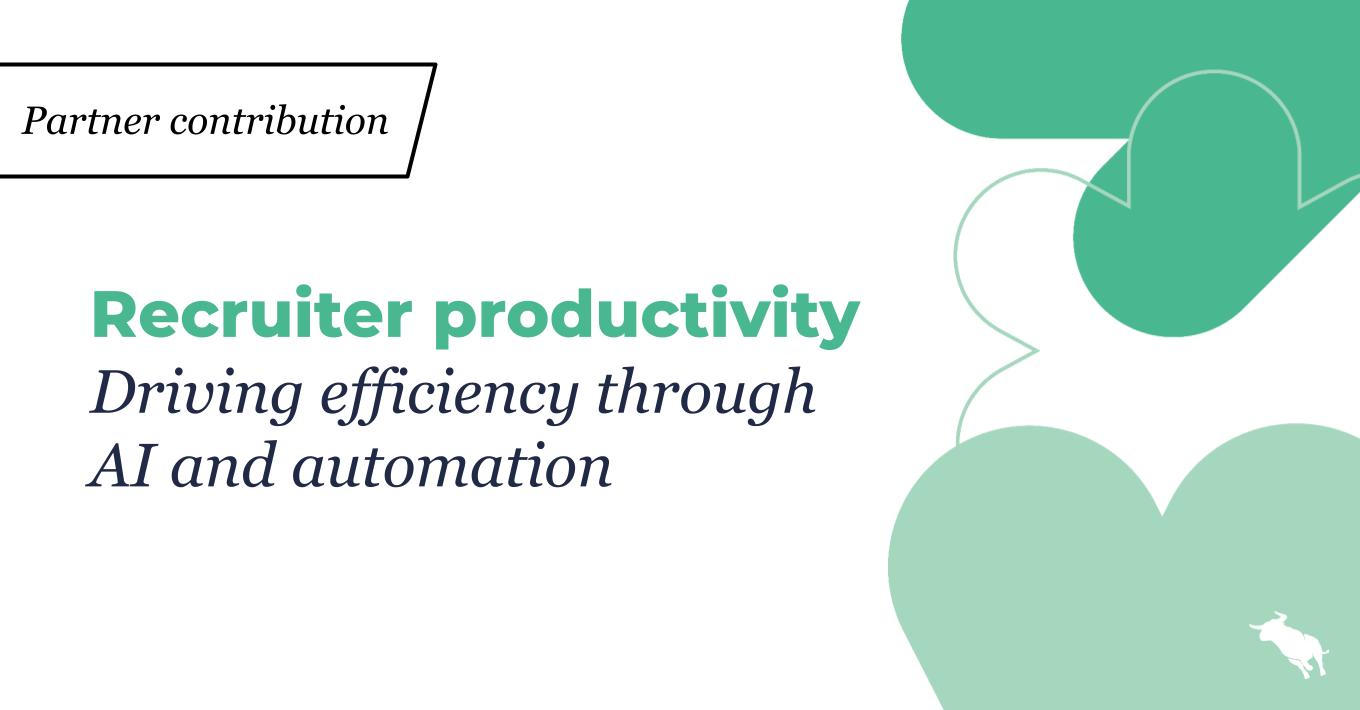
This post was contributed by Bullhorn Marketplace partner Ringover.
The recruitment landscape has become increasingly competitive and complex, as need and demands shift in the wake of the COVID-era surge. Having an edge is all-important when it comes to meeting the needs and expectations of both candidates and clients, and improving efficiency enough to make a difference for your bottom line.
In response, agencies are turning to automation and artificial intelligence (AI) to streamline operations, reduce costs, and improve candidate and client experiences. These technologies have proven essential in transforming recruiting operations, delivering faster results, and supporting long-term growth.
Why incorporate AI and automation in your recruiting operations?
1. Reducing operating costs
AI and automation tools enable recruitment agencies to cut down on administrative tasks, which typically consume a large portion of a recruiter’s time. Tasks like data entry, interview scheduling, and sending follow-up emails can be automated, allowing recruiters to focus on higher-value activities such as candidate engagement and client relationship building. As a result, agencies can operate more efficiently, reducing overhead and improving the bottom line.
2. Faster candidate outreach
Recruitment is highly competitive, and speed is crucial when reaching out to potential candidates. AI-driven tools can identify the best candidates from a database and automate the outreach process, allowing recruiters to engage with qualified candidates faster than ever before. Automated email or text message reminders and follow-ups ensure that no candidate is overlooked, leading to quicker placements and a reduced time-to-hire.
3. Enhancing candidate experience
Automation enhances the candidate experience by ensuring timely and consistent communication. From instant interview scheduling to personalised follow-up messages, AI ensures that candidates feel valued throughout the recruitment process. A smooth and responsive hiring journey leads to better candidate retention and a higher likelihood of accepting job offers. Moreover, personalised communication facilitated by AI-based conversation intelligence software helps to create a more engaging and positive experience for candidates, increasing their trust in the agency.
4. Strengthening client retention
AI and automation also help agencies strengthen their relationships with clients. By automating candidate searches, scheduling, and reporting, recruiters can provide a faster, more reliable service, which directly contributes to higher client satisfaction. The ability to deliver qualified candidates quickly and efficiently helps agencies maintain long-term relationships with their clients, ensuring repeat business and stronger client loyalty.
5. Easier to scale
As recruitment agencies grow, the ability to scale their operations becomes increasingly important. AI tools make it easier to manage a larger volume of candidates and clients without requiring a proportional increase in resources. Automation allows for a higher level of consistency and efficiency, helping agencies expand their operations while maintaining high levels of service quality. Whether the agency is handling five clients or 50, AI enables recruiters to manage workflows seamlessly.
6. Improved decision-making with data-driven insights
AI and automation tools provide recruitment agencies with real-time data and analytics that enable smarter, data-driven decisions. Recruiters can gain insights into candidate behavior, the effectiveness of different outreach strategies, and the success rates of job placements. This information allows agencies to continuously optimise their recruitment strategies, making more informed decisions about how to engage with clients and candidates. For example, predictive analytics can help identify top candidates who are most likely to succeed in specific roles, reducing the guesswork involved in the hiring process.
7. Enhanced compliance and reduced errors
Automation significantly reduces the risk of human error when it comes to managing large amounts of candidate and client data. From ensuring that job postings comply with labour laws to automating background checks, AI can streamline compliance-related tasks. This ensures that recruitment agencies adhere to all necessary regulations and can store records securely. Moreover, automated systems can notify recruiters of upcoming contract expirations or necessary renewals, reducing the risk of missed deadlines or legal compliance issues.
Lead Health and productivity gains through AI and automation
Lead Health, a fully remote U.S.-based recruitment agency specialising in travel nurse recruitment, faced several challenges related to scaling operations and maintaining efficient workflows. When Tom Willett joined as Director of Sales Operations three years ago, his task was to improve operational efficiency within a fully remote environment.
Previously, the agency’s phone service had limitations with reporting and tracking recruiter activity, leading to inefficiencies. After introducing AI and automation, the agency gained the ability to track recruiter activity, log calls, and automate key tasks such as follow-ups. As a result, they improved recruiter productivity, saved time, and saw an overall increase in operational efficiency. Willett highlighted time saved and improved user experience as the key benefits of using AI-powered tools, which allowed the agency to scale and grow without adding administrative burdens.
The integration of AI and automation into recruitment operations is a game-changer for recruitment agencies. By reducing operating costs, speeding up candidate outreach, enhancing the candidate experience, and improving client retention, these technologies enable recruitment agencies to thrive in a competitive market. For agencies looking to scale their operations, automation provides the tools to handle increased workloads without sacrificing service quality.
Incorporating AI and automation is no longer just an option—it’s a necessity for recruitment agencies aiming to drive productivity and stay competitive in the future of recruitment.
